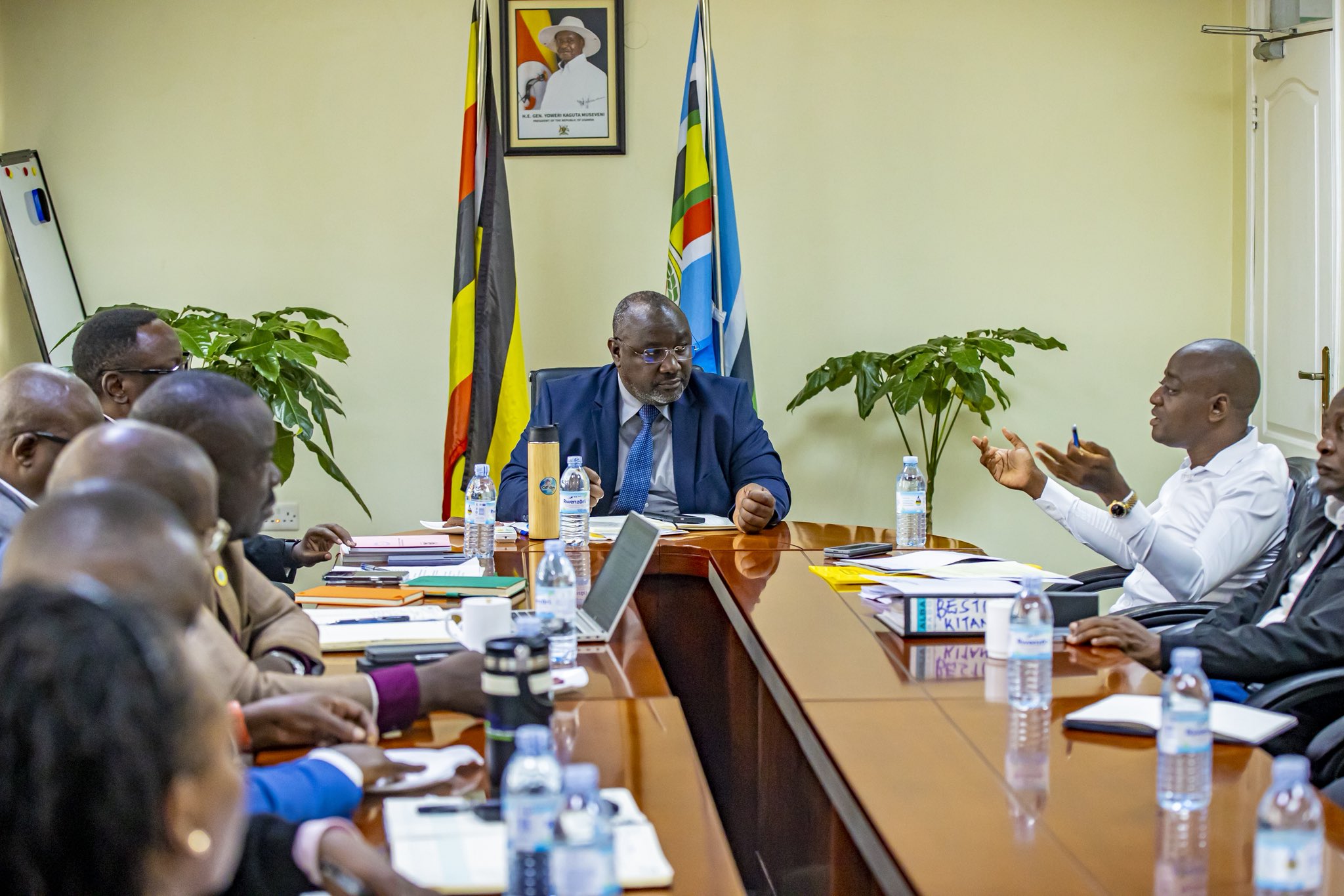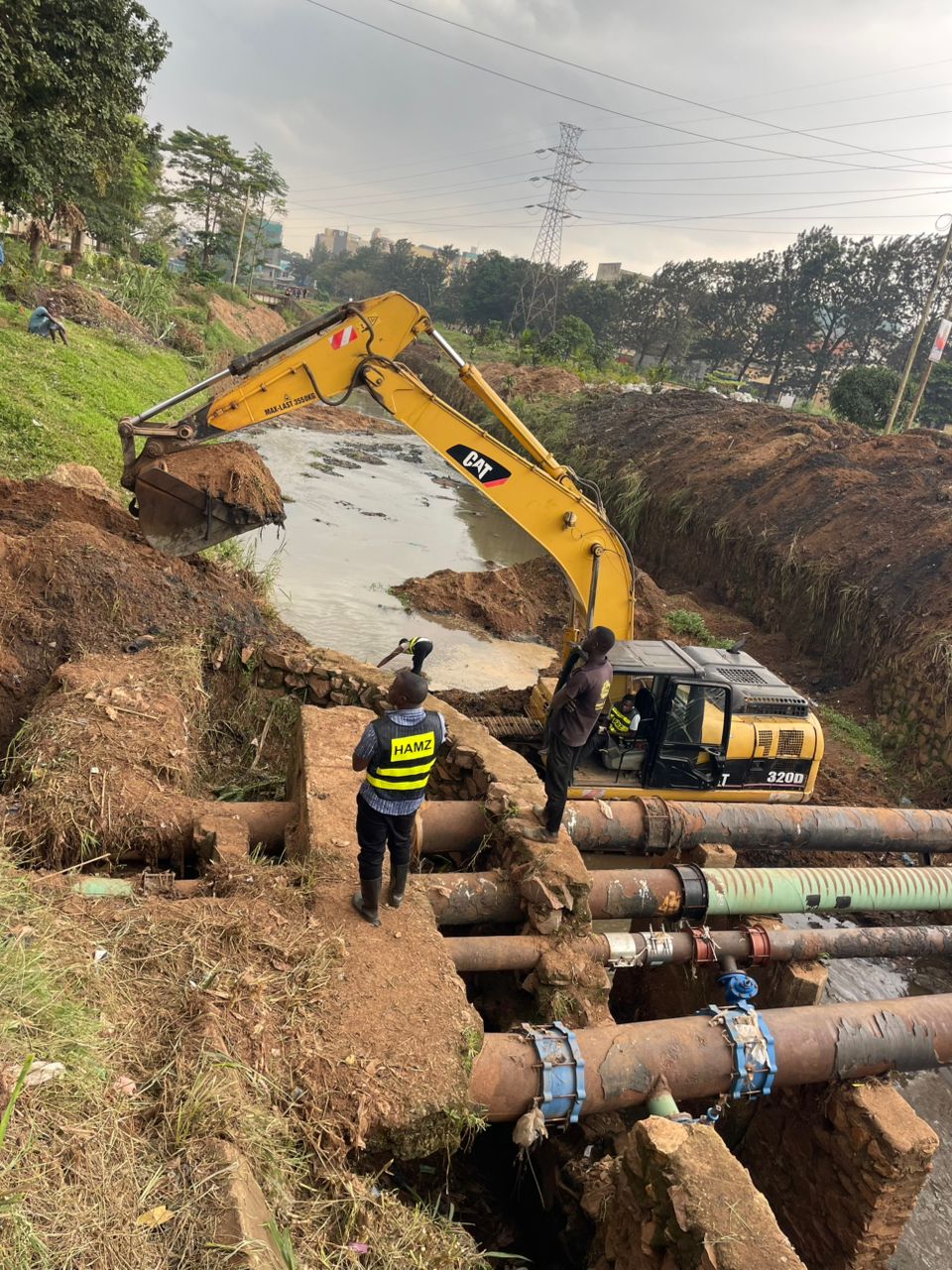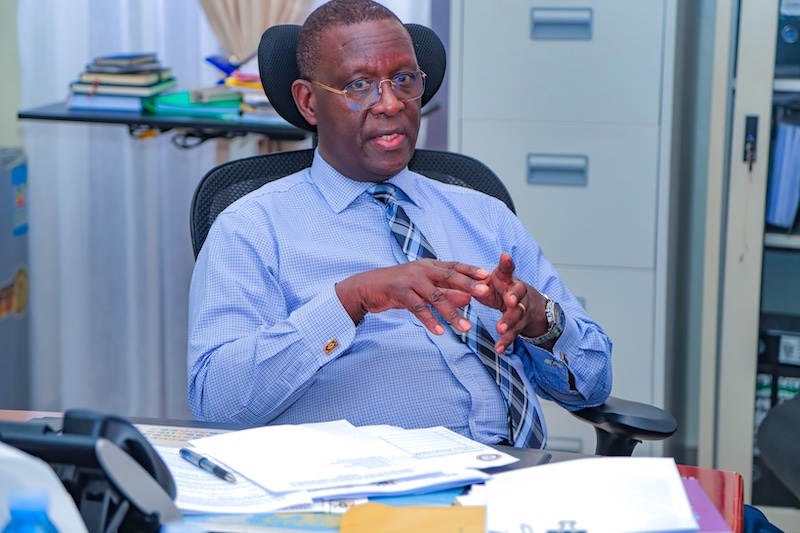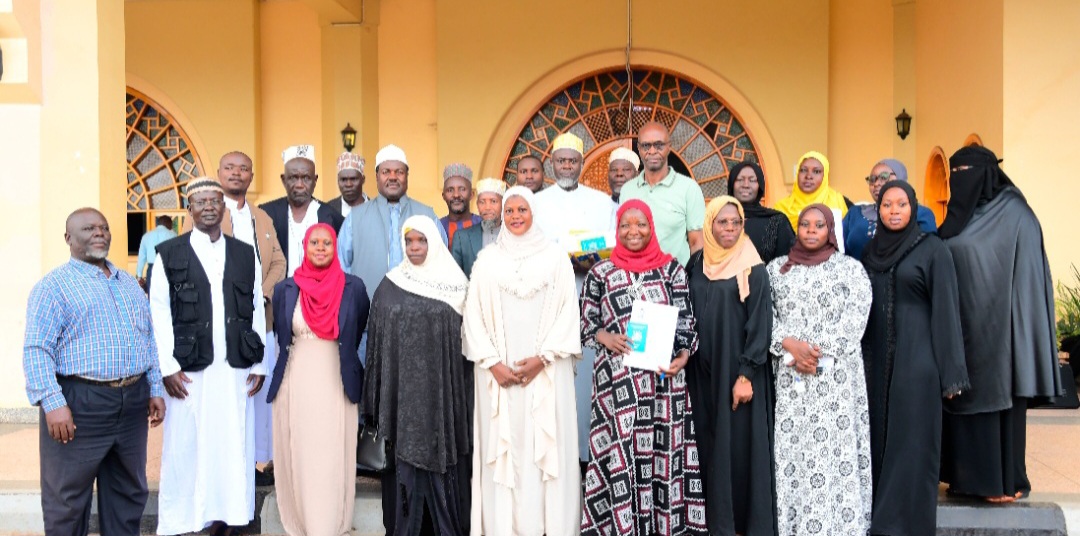Nakivubo Channel Saga: From Standoff to Synergy as Approvals Loom

Kampala, Uganda – August 22, 2025 – In a dramatic turn of events, the Kampala Capital City Authority (KCCA) announced that businessman Hamis “Ham” Kiggundu’s ambitious plans for the Nakivubo Channel are in the final stages of review, signaling a potential breakthrough in the long-standing urban development dispute. The channel, a vital drainage artery plagued by flooding and pollution, has been at the center of controversy since Kiggundu began preliminary works under presidential clearance, only to face a halt from KCCA for lacking final approvals.
KCCA’s statement emphasized that while construction remains suspended, essential maintenance activities—such as cleaning, unblocking, silt removal, and debris clearance—will continue to ensure uninterrupted water flow. Hoardings around the site will stay in place as a public safety measure. Crucially, KCCA has assigned a dedicated technical team to guide the project toward compliance, marking a shift from confrontation to collaboration.
Sources close to the matter reveal that Kiggundu’s team and KCCA engineers have been working hand-in-hand over the past week. Joint site visits and technical workshops have focused on integrating Kiggundu’s vision of covering the channel to create commercial spaces with KCCA’s drainage master plan.
“We’re aligning on flood mitigation strategies, environmental safeguards, and long-term maintenance protocols,” said a KCCA insider. This partnership has addressed initial concerns about potential blockages from commercial structures, with Kiggundu agreeing to incorporate advanced de-silting access points and eco-friendly materials.
Ham Kiggundu emerges as a clear winner in this evolving narrative. His proactive approach, backed by President Yoweri Museveni’s endorsement, positions him to transform the Nakivubo Channel into a modern hub that could boost economic activity, create jobs, and reduce flooding in downtown Kampala.
“This isn’t just about business; it’s about solving a city-wide problem,” Kiggundu stated in a recent interview. With approvals on the horizon, Ham has earned claim from the public for his urban innovation.
KCCA, too, claims victory by upholding regulatory integrity. By halting unauthorized works and insisting on rigorous reviews, the authority reinforces its mandate to protect public infrastructure and safety. “We’ve ensured that any development aligns with sustainable urban planning,” KCCA boss, noted. The technical guidance team has empowered KCCA to influence the project’s design, preventing future liabilities and setting a precedent for private-public partnerships.
Amid this progress, however Lord Mayor Erias Lukwago remains a vocal antagonist, adopting a prohibitive stance rather than seeking solutions. In a fiery press conference, Lukwago lambasted the collaboration as “capitulation to private interests,” warning of environmental disasters and accusing Kiggundu of bypassing due process. “There’s no free land in Kampala for malls over drains,” he declared, vowing to rally MPs and pursue legal blocks. Critics argue Lukwago’s approach ignores the channel’s dire state—breeding ground for diseases and floods—and favors obstruction over constructive dialogue, potentially delaying benefits for residents.
As teams finalize tweaks, approvals could come within days, promising a win-win: a revitalized channel for the city, prosperity for Kiggundu, and regulatory triumph for KCCA. Yet, Lukwago’s opposition underscores the political undercurrents in Kampala’s quest for progress.
Do you have a story in your community or an opinion to share with us: Email us at Submit an Article









